Introduction to Web Servers – Structure, Operation, and Popular Types of Web Servers
- Published on

- What is a Web Server?
- Structure and Components of a Web Server
- Web Server Software
- Web Server Hardware
- Additional Components of a Web Server
- How a Web Server Works
- Request Processing Procedure of a Web Server
- Common HTTP Response Codes
- Popular Types of Web Servers
- Apache HTTP Server
- NGINX
- LightTTPD
- Other Options: LiteSpeed, Microsoft IIS
- When Should You Use a Web Server?
- Important Considerations When Choosing a Web Server
- Key Points to Consider When Using a Web Server
- Differences Between a Web Server and a Dedicated Server
- Conclusion: The Importance of Web Servers in Website Operations
What is a Web Server?
A Web Server is an essential component in the current Internet ecosystem, serving as the server that powers websites, online applications, and even online games. In short, a Web Server consists of computers or clusters of computers with strong configurations, operating continuously to handle requests from users and provide the information they seek.
With the constant evolution of technology, Web Servers are no longer limited to storing HTML, CSS, JavaScript files and other image data but are also capable of running complex system applications for businesses. To explore more modern storage platforms, you can read more at What is Hosting? Essential Knowledge About Hosting for a comprehensive view of storage solutions available today.
Web Servers not only help increase website loading speed but also ensure stable operation under high traffic conditions. This enables businesses to optimize user experience and enhance brand recognition through their websites. Popular Web Server options like Apache, NGINX, and LightTTPD are reliable choices for various purposes, depending on the specific needs and scale of each website or application.

Structure and Components of a Web Server
A Web Server is not merely software or hardware; it is a combination of multiple components working together for efficient and stable operation. When referring to Web Servers, both hardware and software are important, as they each play a critical role in processing user access requests.
Web Server Software
Web Server software includes programs such as Apache, NGINX, and LiteSpeed that serve a central function in receiving and responding to requests from users' browsers. This software handles HTTP requests, sending back HTML, CSS, JavaScript files, images, and other content that enables the website to display fully on the user's screen.
In addition to the main Web Server software, the system also includes support software such as database management systems (e.g., MySQL, PostgreSQL), programming languages (e.g., PHP, Python), and cache management tools to accelerate page loading speeds. These programs work in tandem to improve the Web Server’s performance and response capability.
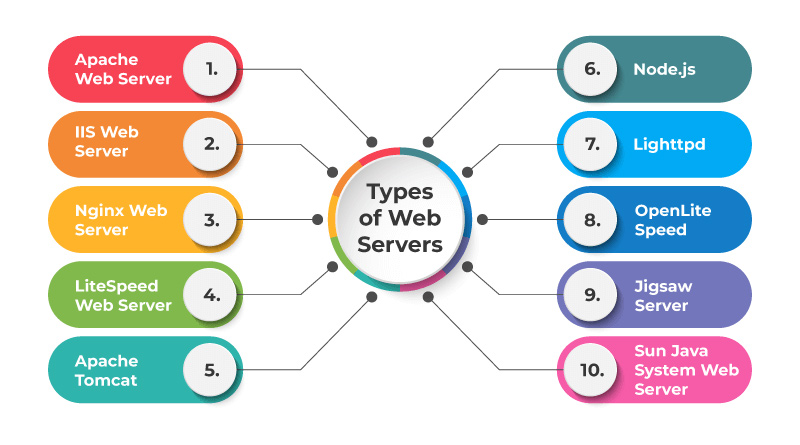
Web Server Hardware
Web Server hardware is the physical foundation that supplies the software with sufficient resources for operation. A Web Server requires high-configuration physical servers with powerful CPUs, large RAM, and SSD storage to ensure fast processing speeds. These components allow the Web Server to handle large traffic volumes and process multiple requests simultaneously without decreasing performance.
Web Servers can be deployed on various hardware types:
- Dedicated Server: A physical server dedicated to a single user or business, ensuring that all resources are exclusively available to their website.
- Cloud Server: A virtual server that shares resources from a large server network, allowing for flexible scalability when needed.
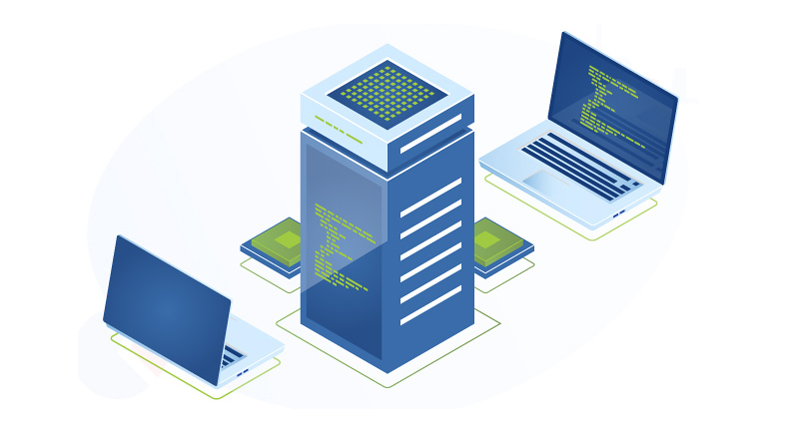
Additional Components of a Web Server
Beyond software and hardware, a complete Web Server system requires additional elements:
- Security: Includes firewalls, SSL certificates, and DDoS protection software to safeguard against cyberattacks.
- Management and Monitoring: Tools to monitor traffic, oversee server resources, and manage performance.
- Supplementary Services: Services such as DNS, load balancing, and backup systems can also be integrated to enhance the Web Server's stability and scalability.
How a Web Server Works
A Web Server operates via a relatively simple yet effective process consisting of two main steps to handle requests from users.
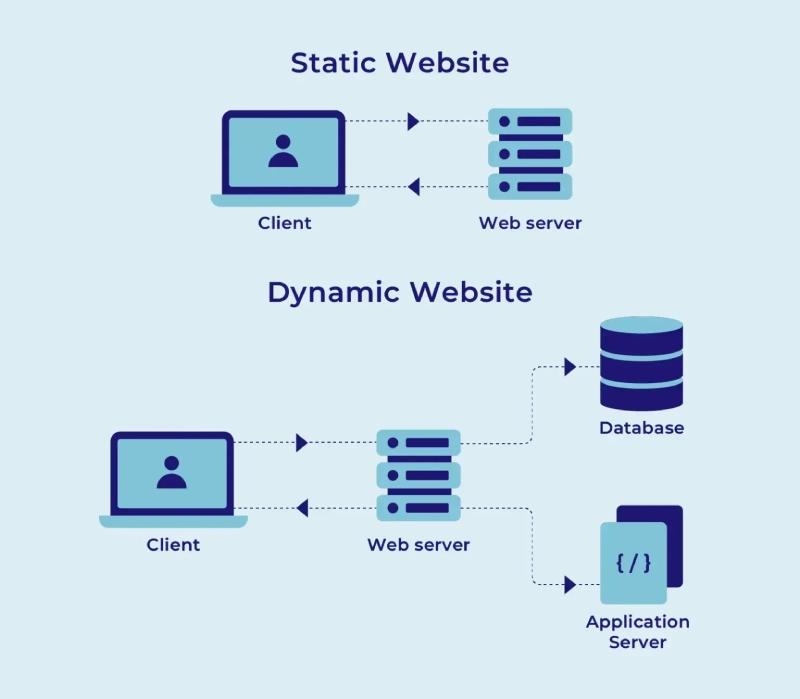
Request Processing Procedure of a Web Server
-
Receiving client requests
When a user enters a domain name into their web browser, the browser converts the domain name into an IP address and sends an access request to the Web Server. This is when the server begins its task of handling the request from the client. -
Responding to requests and sending data
After receiving the request, the Web Server processes and responds by sending back HTML, CSS, JavaScript files, along with necessary images and videos. The browser renders these files to display the complete website on the user's screen. This process repeats with each new request from the user.
Note: For more details on how user requests are processed, refer to the article What is HTTP and How It Works.
Common HTTP Response Codes
During the response process, the Web Server uses HTTP response codes to indicate the status of the request. Common codes include:
- 200 OK – Request was successful.
- 404 Not Found – Requested resource was not found.
- 500 Internal Server Error – Server error while processing the request.
These codes not only help users understand the request status but also assist administrators in diagnosing errors to optimize Web Server performance. For more details on HTTP error codes, you can read more about HTTP response codes.
This straightforward yet effective operation makes Web Servers a bridge between users and online data, enabling a smooth and stable web browsing experience.
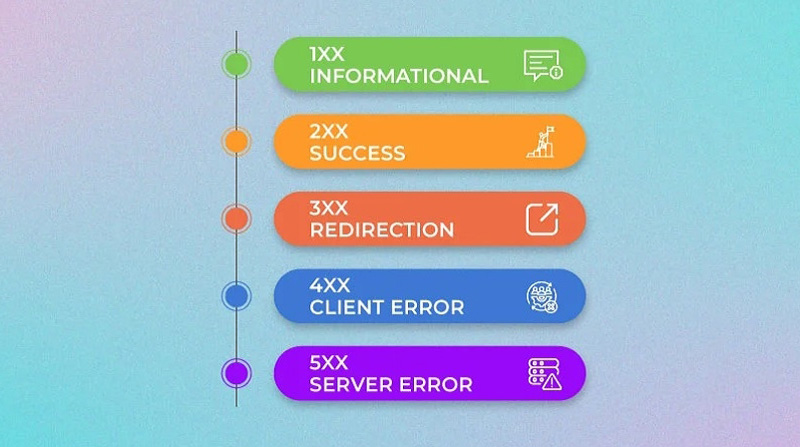
Popular Types of Web Servers
Today, there are many Web Server software options designed to serve various purposes, depending on the needs and scale of each business. Here are some of the most popular Web Servers:
Apache HTTP Server
Apache, also known as Apache HTTP Server, is one of the oldest and most widely used Web Server software, capturing a large market share globally. Apache is highly compatible with websites that have medium to high traffic, supporting multiple operating systems and popular programming languages such as PHP, Python, and Perl. Additionally, Apache supports modular expansion, allowing for high customization to meet diverse operational needs.
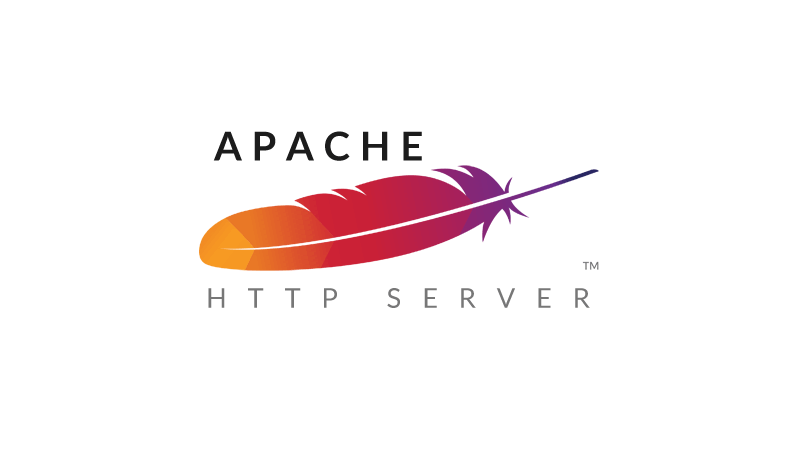
NGINX
Compared to Apache, NGINX is a more modern option, notable for its asynchronous, event-driven architecture. This design enables NGINX to handle large volumes of connections efficiently while minimizing overload when multiple requests occur simultaneously. Major websites such as Google, WordPress, and Netflix use NGINX due to its performance optimization and fast processing speeds.
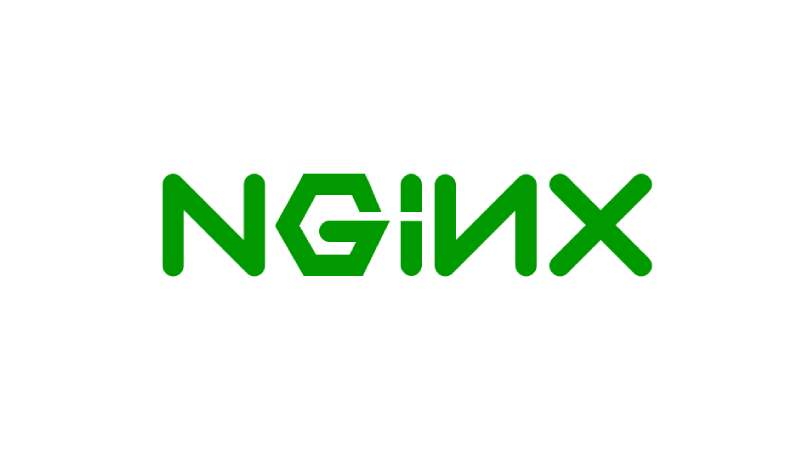
LightTTPD
Though less popular, LightTTPD is still a solid choice for small to medium-sized websites, thanks to its low resource consumption and flexibility in setup. LightTTPD is suitable for static and dynamic websites of moderate scale, helping save resources and simplifying management.
Other Options: LiteSpeed, Microsoft IIS
In addition to Apache, NGINX, and LightTTPD, other Web Servers like LiteSpeed and Microsoft IIS are available. LiteSpeed is known for its page load acceleration through effective caching technology, while Microsoft IIS is suitable for businesses utilizing Microsoft’s ecosystem. Both provide flexible solutions for a variety of purposes and scales.
When Should You Use a Web Server?
The decision to use a Web Server depends largely on the project scale, performance requirements, and the user experience the business aims to provide. Here are some specific cases where investing in a Web Server could yield maximum efficiency:
-
High-traffic websites or applications
For e-commerce websites, large blogs, or applications handling numerous user requests, a high-performance Web Server will ensure a smooth experience and quick response times. A powerful Web Server can process thousands of requests per minute without interruptions. -
Managing and securing sensitive data
Businesses storing crucial information, such as customer data or transactions, need highly secure Web Servers with access control capabilities. With advanced customization and security options, a Web Server allows you to establish flexible security policies, reducing the risk of data leaks. -
Running real-time applications
Real-time applications, such as online games or financial trading apps, require rapid processing speeds and consistent response times. These applications need a Web Server with a modern architecture like NGINX to ensure stable operation without downtime during peak usage. -
Optimizing for user experience and SEO
Page loading speed is a crucial factor in SEO and user experience. A Web Server with optimization technology, such as LiteSpeed with advanced caching features, makes your website load faster, keeping users engaged and improving SEO rankings. For more information, you can check the article How to Optimize Page Load Speed.
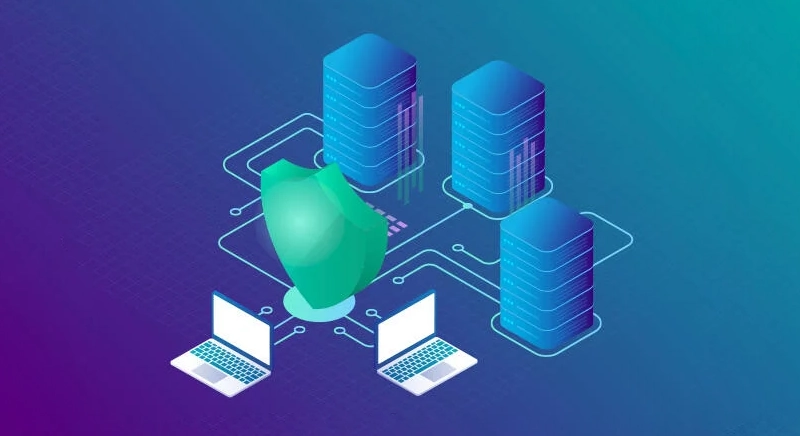
Important Considerations When Choosing a Web Server
To choose an appropriate Web Server, consider the following points:
- Storage and hardware configuration: Ensure the server can handle user traffic and large data volumes.
- Scalability: Choose a Web Server that allows for expansion as your website grows, helping save future upgrade costs.
- Support and maintenance from providers: Choose a reputable provider with 24/7 support and maintenance policies to resolve issues promptly and maintain stable performance for the website.
Careful consideration of these factors will help your business fully leverage the power of Web Servers, ensuring stable website operations and delivering an optimal user experience.
Key Points to Consider When Using a Web Server
When using and operating a Web Server, several important factors ensure maximum performance and security. Below are essential tips for managing your Web Server effectively:
-
Ensure continuous Web Server operation
To keep your website accessible, the Web Server needs to operate 24/7 without interruptions. This not only enhances user experience but also helps maintain stable SEO rankings. Downtime could result in lost potential customers and affect your search engine rankings. -
Regular updates and patches
A Web Server needs regular updates to patch security vulnerabilities and improve performance. Updates to Web Server software like Apache or NGINX often include critical security patches that protect against potential attacks. You can learn more about website security methods to protect both the server and user data. -
Optimize Web Server configuration
Optimizing Web Server configurations can increase page loading speed, reduce response time, and minimize resource usage. For example, effective caching configurations or file compression help reduce server load when handling multiple requests, improving page load speed for users. -
Monitor and manage traffic
Monitoring tools like Google Analytics and other server management tools allow you to track essential metrics, such as traffic volume, bandwidth usage, and page load times. This data helps you gauge your Web Server's activity and upgrade when traffic increases. -
Periodic data backups
Regular data backups are essential for protecting files and website content. In case of unexpected issues or external attacks, a backup allows you to restore data quickly and keep your website running.
Operating a Web Server requires not only strong hardware and software but also professional management and security techniques to maintain performance and data protection. Learn more about effective server management to optimize your Web Server operations.
Differences Between a Web Server and a Dedicated Server
When learning about Web Servers and Dedicated Servers, many may confuse these terms since both play significant roles in website operations. However, they differ in nature and function.
A Web Server refers to the software or service installed on a server that processes user requests from browsers and displays website content. The Web Server software handles HTTP requests by delivering data files, such as HTML, CSS, and JavaScript, to users' browsers. Popular Web Server software like Apache and NGINX enables smooth website operation across various server types, from shared servers to dedicated physical servers.
In contrast, a Dedicated Server is an independent physical server dedicated to a single user or business, with no shared resources. A Dedicated Server provides a private environment with high performance and security, ideal for high-traffic websites or applications requiring complex processing. On a Dedicated Server, users can install Web Server software such as Apache or NGINX to run their websites and fully utilize the server resources without interference from others.
The table below illustrates the differences between a Web Server and a Dedicated Server:
| Criterion | Web Server | Dedicated Server |
|---|---|---|
| Nature | Software or service that processes and displays website requests | Independent physical server dedicated to a single user or business |
| Purpose | Display website content, process and respond to HTTP requests | Store and run all data and applications of the user |
| Functionality | Can be installed on any server type (shared, VPS, dedicated) | Independent system with no resource sharing |
| Resources | Varies depending on the server type (shared, virtual, or dedicated) | All resources are exclusively allocated to a single user or business |
| Scalability | Can be installed on multiple servers to boost performance | Resource expansion by upgrading hardware or renting additional servers |
Conclusion: The Importance of Web Servers in Website Operations
Web Servers form the backbone of websites and online applications, providing stable and efficient operation. Acting as the "spine" of the Internet, Web Servers not only store data but also process user requests, ensuring a smooth user experience and fast access speeds. For businesses, selecting and managing Web Servers properly can make a huge difference, enhancing operational efficiency, improving user experience, and optimizing SEO rankings.
Whether for a simple system or a complex application, a well-optimized and powerful Web Server helps keep your website ready to serve users. When choosing a Web Server, businesses should carefully consider factors such as performance, security, and scalability to meet current needs and future growth.
If you're seeking optimal solutions for your website, refer to detailed guides at website design experience for insights on establishing and operating a successful website. A quality Web Server serves as the foundation for every successful website, helping your site stand out and compete in the online environment.
Latest Posts

Lesson 26. How to Use break, continue, and return in Java | Learn Java Basics
A guide on how to use break, continue, and return statements in Java to control loops and program execution flow effectively.

Lesson 25. The do-while Loop in Java | Learn Basic Java
A detailed guide on the do-while loop in Java, including syntax, usage, examples, and comparison with the while loop.

Lesson 24. How to Convert Decimal to Binary in Java | Learn Basic Java
A guide on how to convert numbers from the decimal system to the binary system in Java using different methods, with illustrative examples.

Lesson 23. How to Use the While Loop in Java | Learn Java Basics
Learn how to use the while loop in Java with syntax, real-world examples, and practical applications in Java programming.
Related Posts

What is .htaccess? Guide to Editing and Configuring .htaccess
Learn about the .htaccess file, its functions, and how to edit and configure .htaccess to optimize security, SEO, and website performance.
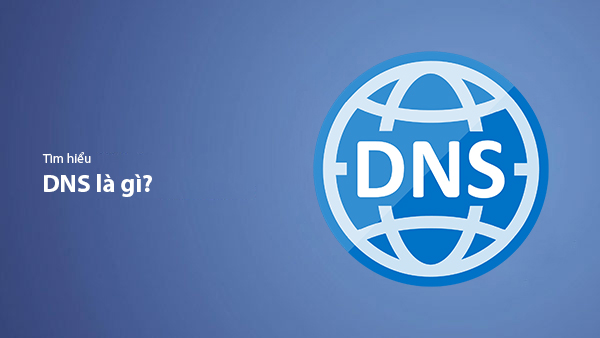
What is DNS? The Mechanism of Domain Name Resolution System
Learn about DNS, the mechanism of the domain name resolution system, and the important role of DNS in maintaining website operations.

What is a Dedicated Server? A Guide to Choosing the Right Dedicated Server
Learn about Dedicated Servers, the benefits of using a dedicated server, and how to choose the right one for your needs.
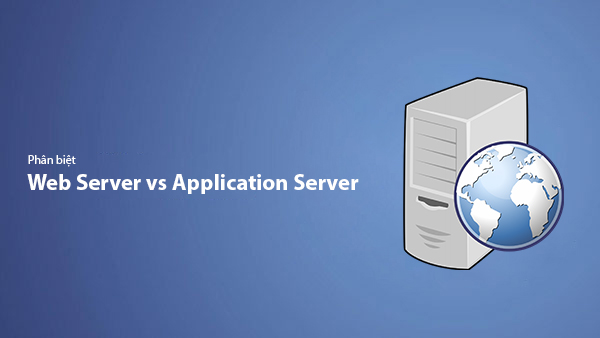
Difference Between Web Server and Application Server
Learn the difference between Web Server and Application Server – two essential servers in web technology systems. Explore their structure, functions, how they work, and when to use each type of server.

